Google's Waymo company wants to make soft autonomous cars
A patent describes cars that soften before impact
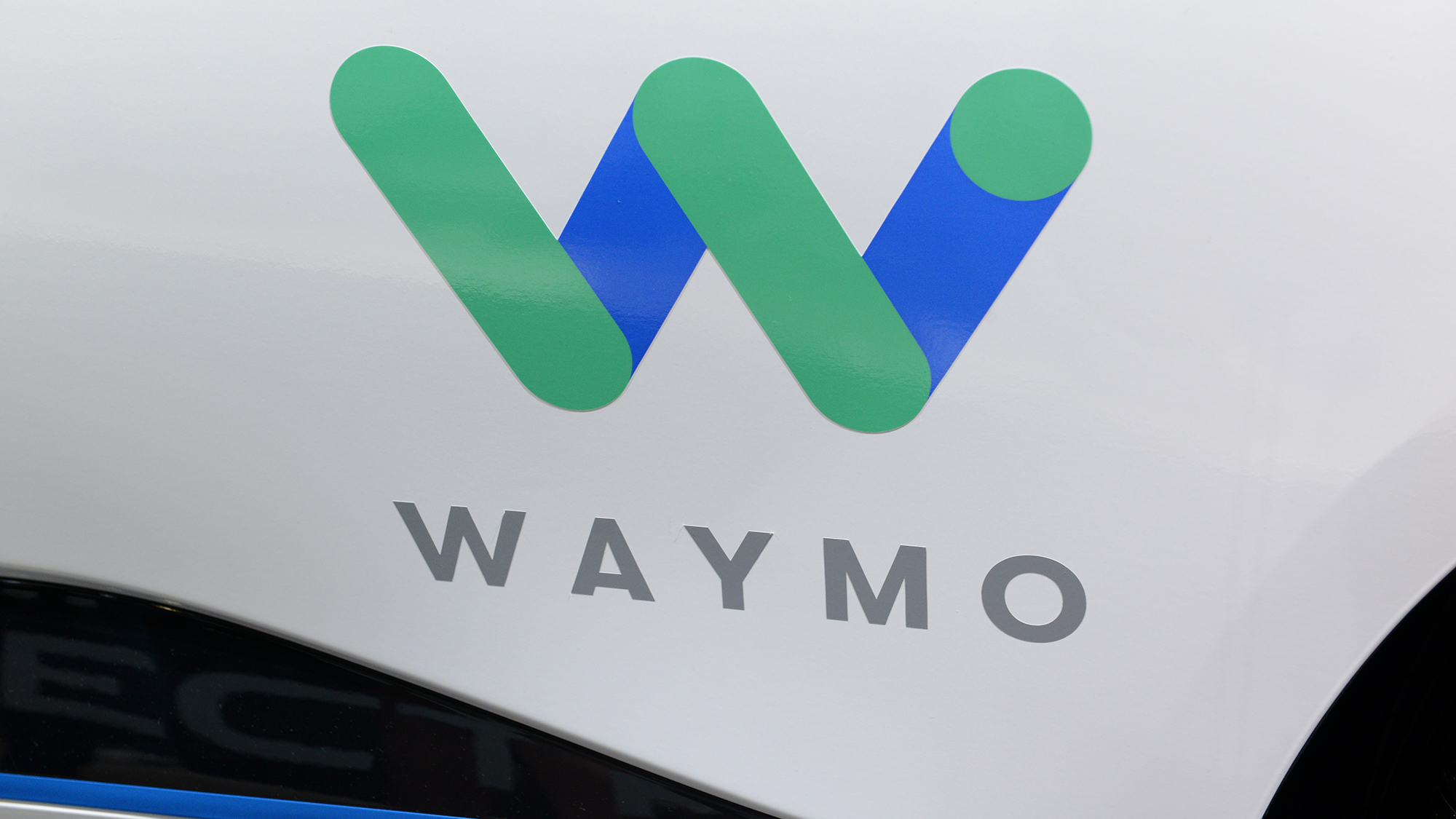
For the past few years, automotive companies have looked for ways to make cars crashes more survivable for pedestrians, and an idea by Google's Waymo company might be the most inventive yet. First spotted by Quartz, a patent from Waymo describes bodywork that can become softer just before contact with a pedestrian.
The patent described "tension members" that might be cables or rods, which can then tighten or loosen to reduce the rigidity of the car. If these loose body panels hit a pedestrian, the extra movement they allow could absorb some of the energy involved, giving the human a better chance of survival.
"If it is determined that a bicyclist is about to strike the hood and front bumper of the vehicle, the tension may be reduced for the tension members associated with the hood and front bumper, so as to reduce the rigidity of those surfaces," the patent reads.
Interesting, the patent also adds that this system will be able to differentiate between pedestrians and cars. That way, it will only be triggered before crashing into a soft human, and not an equally tough metal car.
While the technology could work in pretty much any car, Waymo filed the patent specifically for autonomous cars, and there's a good reason for that. Driverless cars will be connected, which means they'll be great at avoiding each other - but without a driver, they might be less good at avoiding pedestrians.
It's easy for humans to predict the driving of other humans, but it might be harder for pedestrians to predict the driving of AI-controlled cars. That's what these new safety features are designed to counteract.
Get the ITPro daily newsletter
Sign up today and you will receive a free copy of our Future Focus 2025 report - the leading guidance on AI, cybersecurity and other IT challenges as per 700+ senior executives
-
 Cleo attack victim list grows as Hertz confirms customer data stolen
Cleo attack victim list grows as Hertz confirms customer data stolenNews Hertz has confirmed it suffered a data breach as a result of the Cleo zero-day vulnerability in late 2024, with the car rental giant warning that customer data was stolen.
By Ross Kelly
-
 Lateral moves in tech: Why leaders should support employee mobility
Lateral moves in tech: Why leaders should support employee mobilityIn-depth Encouraging staff to switch roles can have long-term benefits for skills in the tech sector
By Keri Allan
-
 Why cutting-edge innovation is killing the planet
Why cutting-edge innovation is killing the planetIn-depth AI and robots will do our work, we’ll get paid in cryptocurrency, and cars will drive themselves – but each of these technologies is a massive energy hog
By Nicole Kobie
-
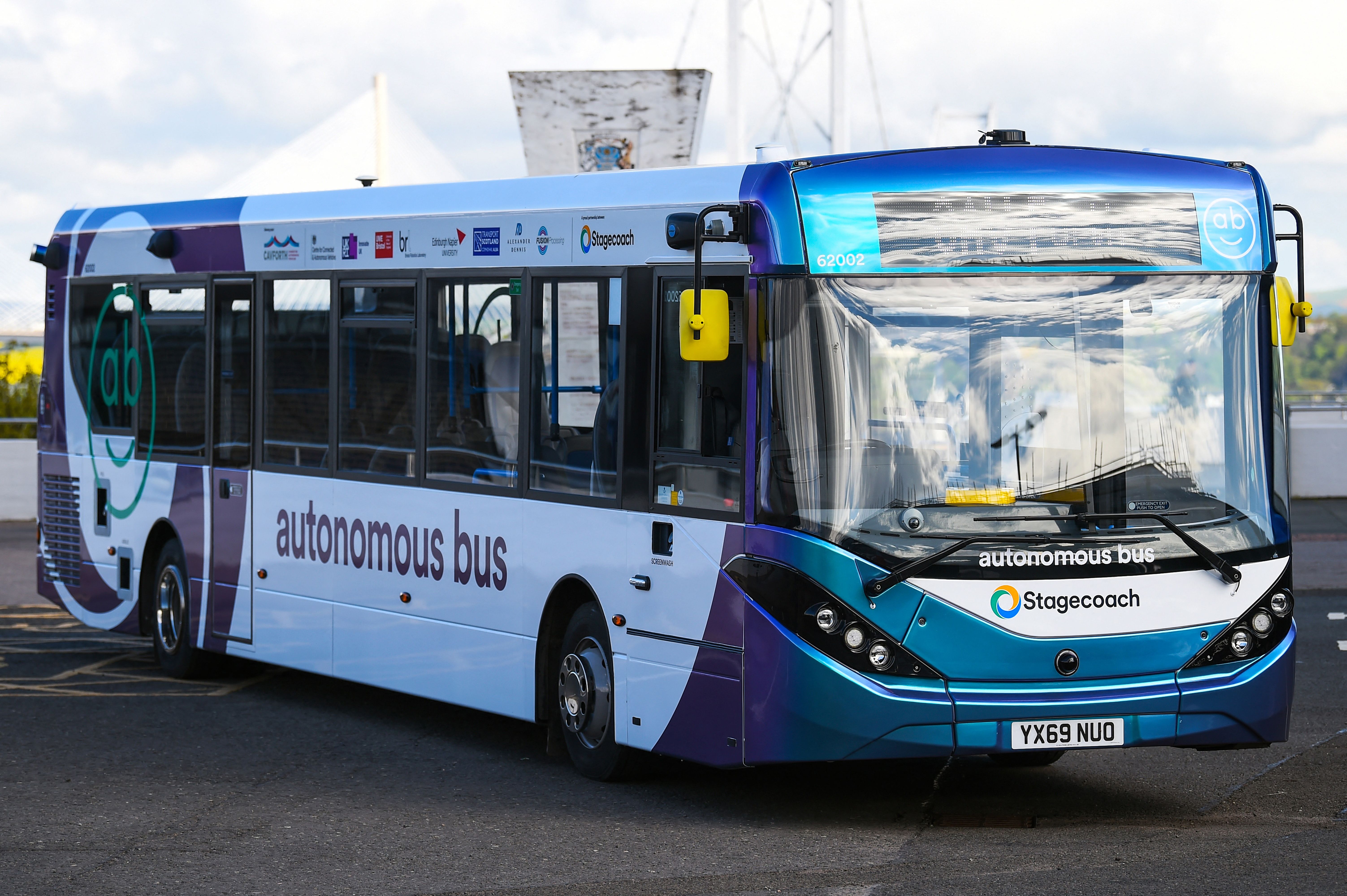 Meet the CAVForth project: The world's first autonomous bus
Meet the CAVForth project: The world's first autonomous busCase Study Edinburgh's AB1 route, in Scotland, lets the public catch a ride on an self-driving bus over the Forth Road Bridge. But is this really the future of public transit?
By Nicole Kobie
-
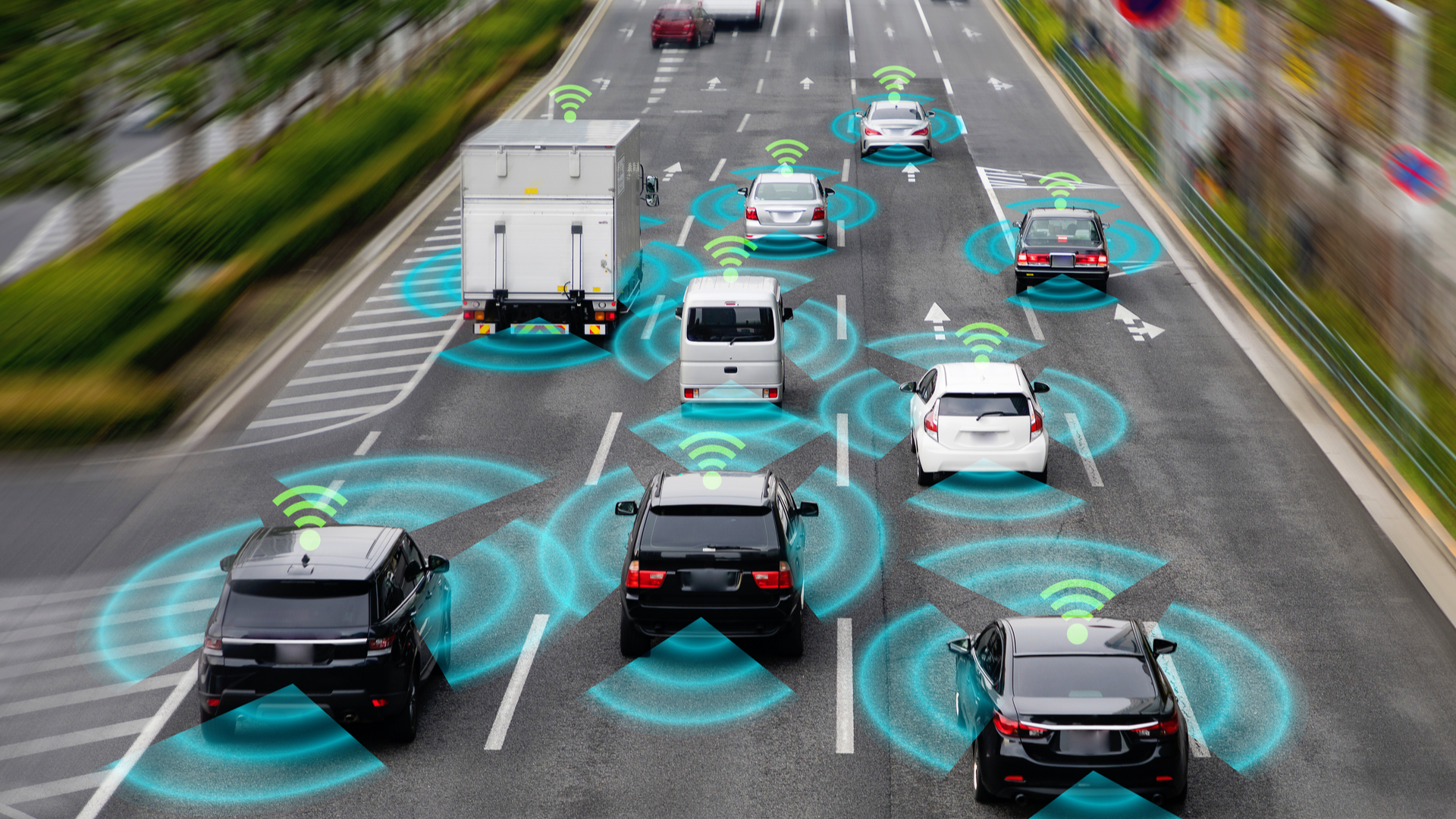 Sonatus secures $35 billion to spur software-defined vehicles
Sonatus secures $35 billion to spur software-defined vehiclesNews The funding will be used to turn cars into data centers on wheels
By IT Pro
-
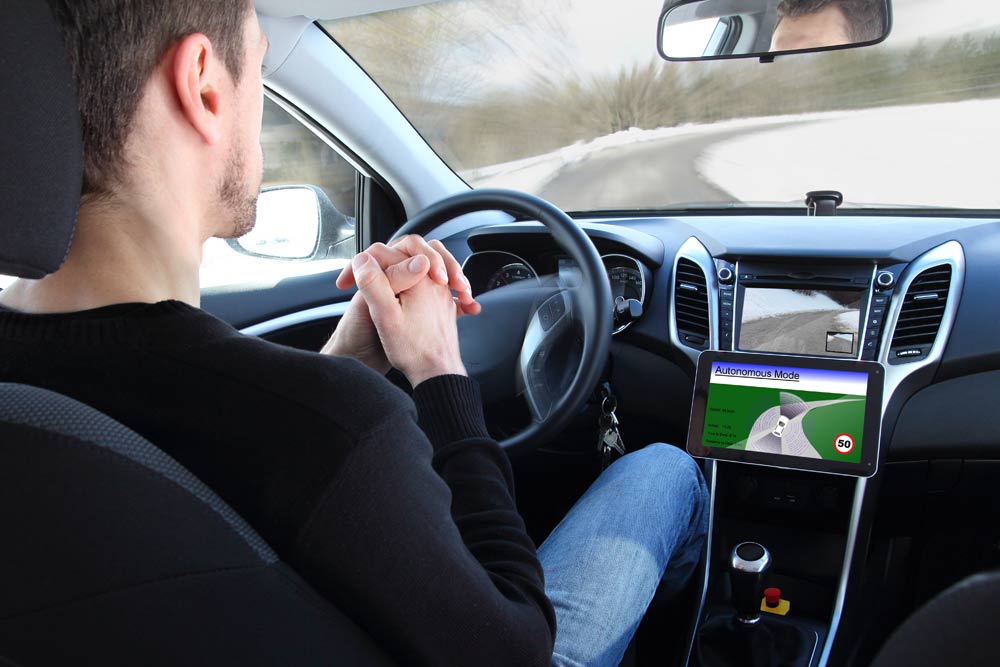 Oculii raises $55 million for its AI-powered radar software
Oculii raises $55 million for its AI-powered radar softwareNews The VAI platform by Oculii improves the angular resolution of any radar by up to 100 times
By Praharsha Anand
-
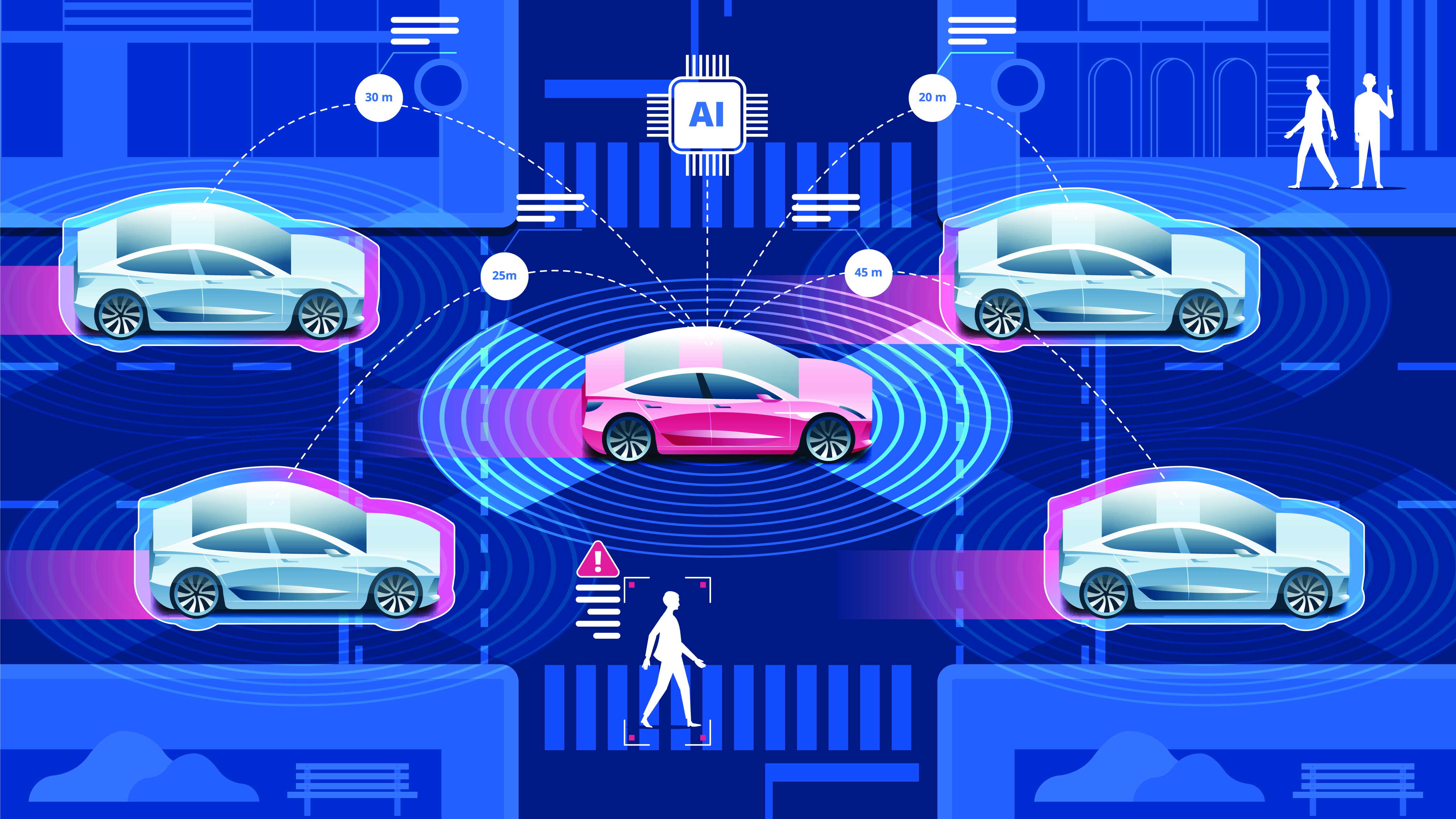 ZF augments vehicle intelligence with next-gen AI supercomputer
ZF augments vehicle intelligence with next-gen AI supercomputerNews New ZF ProAI packs a punch with up to 66% more computing power than its predecessor
By Praharsha Anand
-
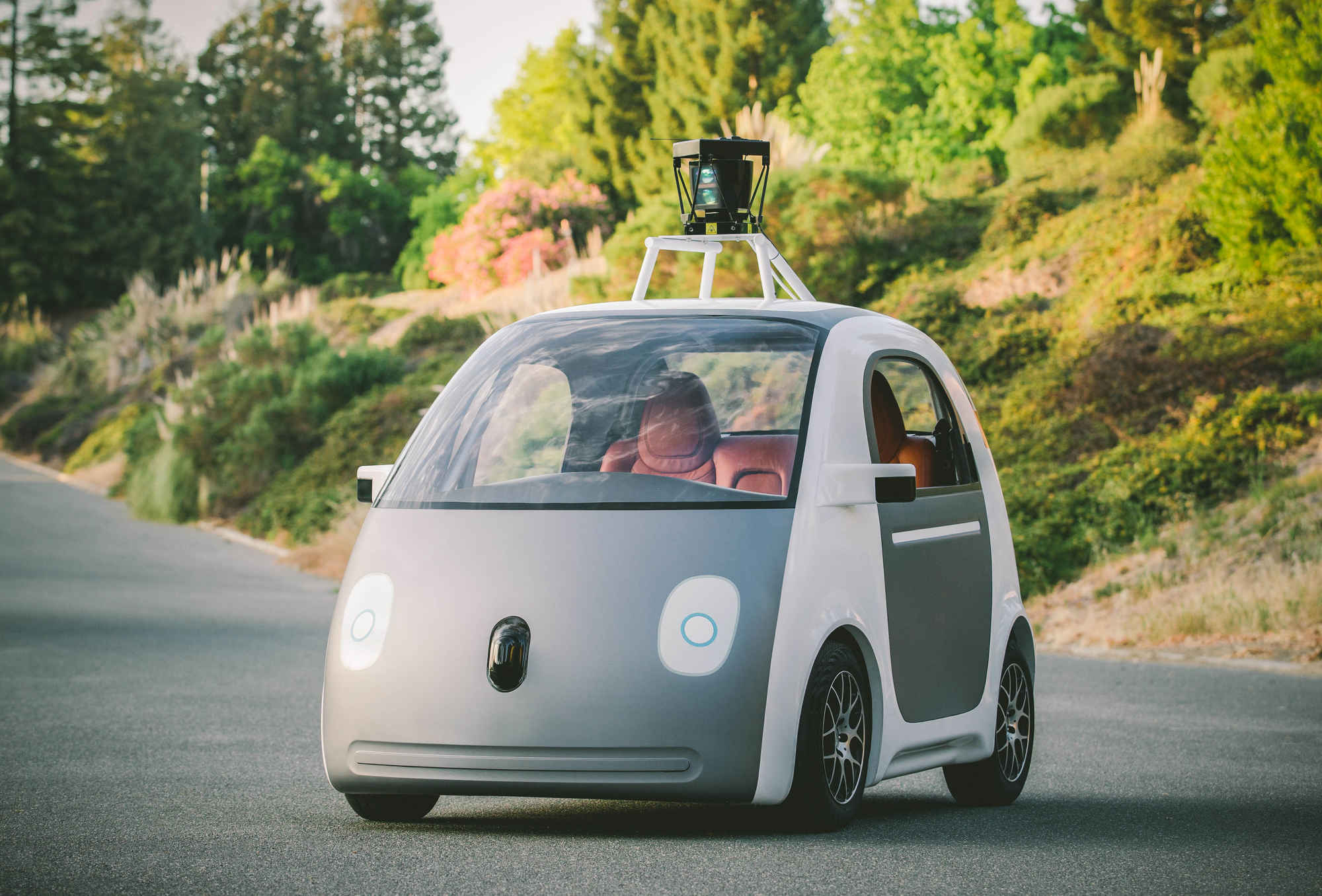 Why driverless cars don't belong on public roads (yet)
Why driverless cars don't belong on public roads (yet)Opinion Autonomous vehicles still can't account for human error
By Jane McCallion
-
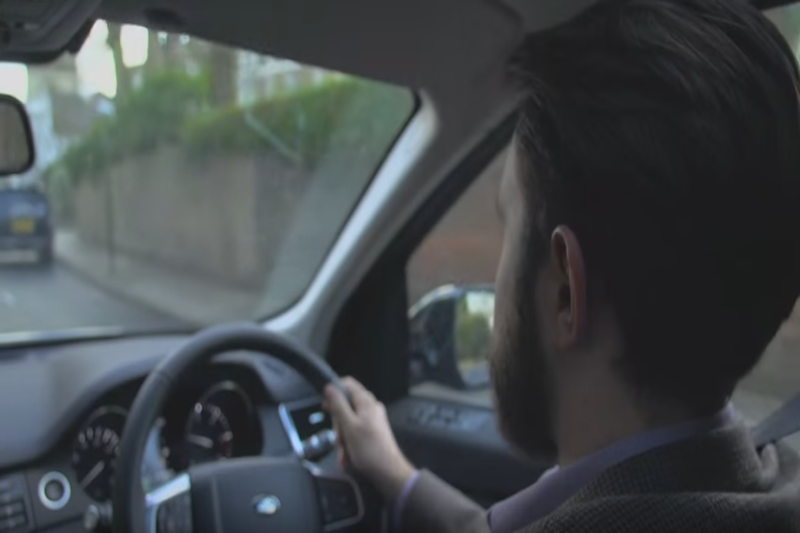 Autonomous cars may prompt the changing of Australian drink-driving laws
Autonomous cars may prompt the changing of Australian drink-driving lawsNews The rise of autonomous vehicles could significantly change future driving laws
By Hannah Simms
-
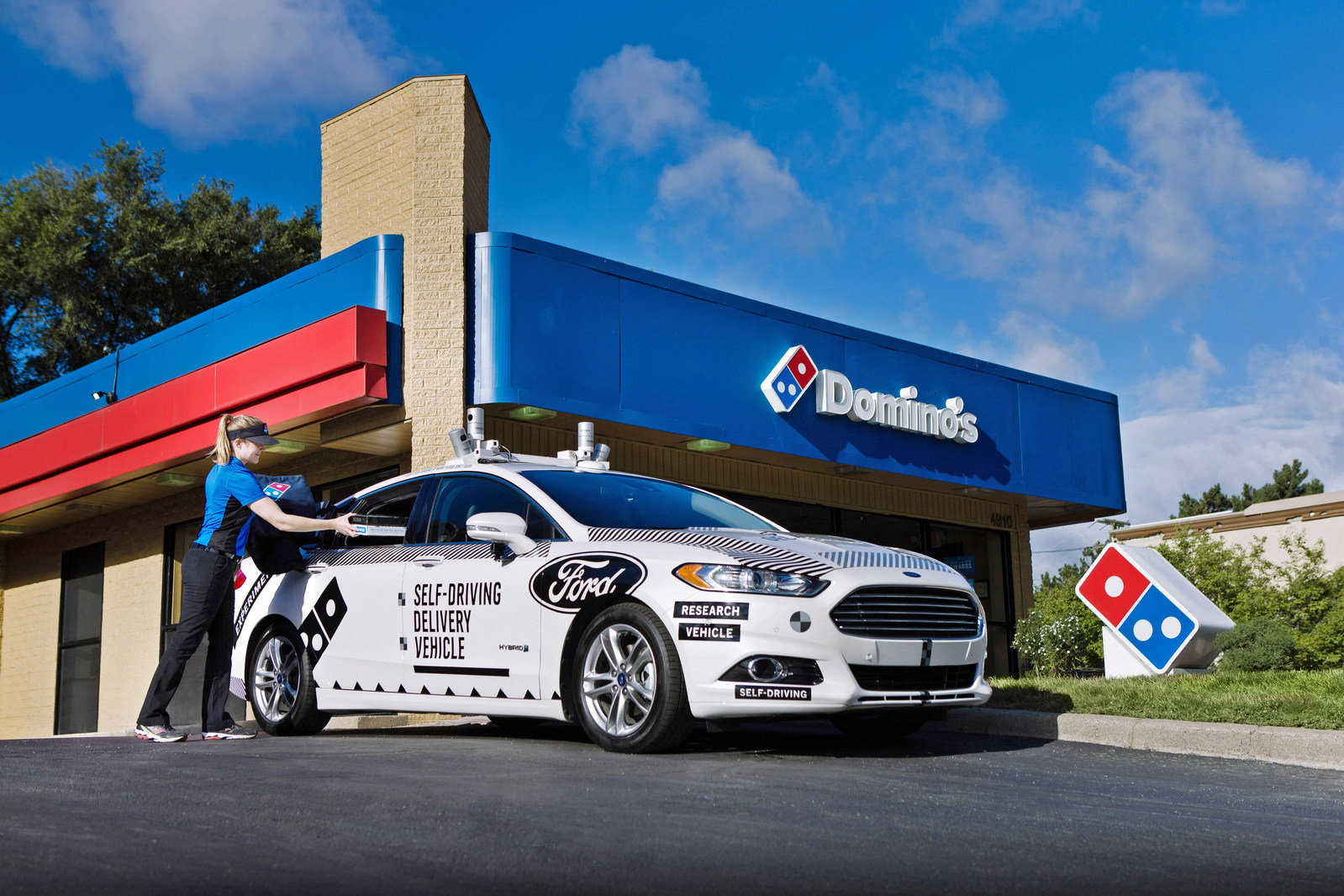 One large pizza, extra onions, hold the tech gimmicks
One large pizza, extra onions, hold the tech gimmicksOpinion Driverless pizza deliveries do nothing for customer service, argues Jane McCallion
By Jane McCallion